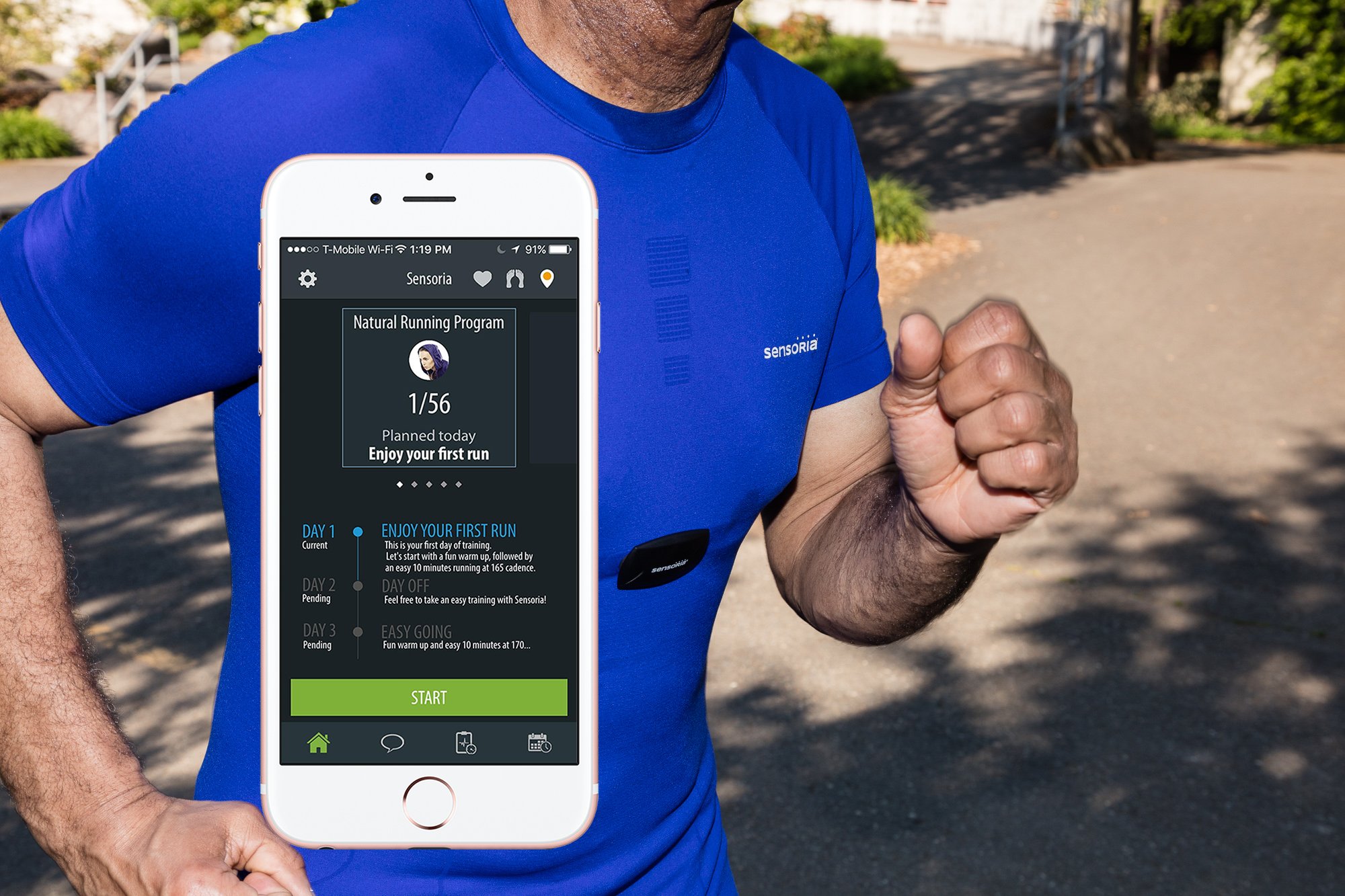
With all of the HRM consumer products available today, are you overwhelmed? What about the wearability and accuracy of these devices? Are certain ones better than others? Per recently unveiled research the short answer is a resounding yes.
According to a study recently published by JAMA Cardiology, you should care about the accuracy of your wearable devices, specifically heart rate monitors. This is especially important if you rely on these monitors to stay within physician-recommended safe heart rate thresholds during rehabilitation or when exercising.
The new study states, “While the accuracy of chest strap, electrode-based HR monitors has been confirmed, the accuracy of wrist-worn, optically based HR monitors is uncertain.” "In general, accuracy of wrist-worn monitors was best at rest and diminished with exercise," A. Marc Gillinov, MD, of the Cleveland Clinic, and colleagues reported online in a research letter in JAMA Cardiology. Some of the individual wrist-worn devices used in the treadmill study over- or underestimated heart rate by 50 bpm or more when, according to the electrocardiograph, heart rate was in the 120-130 bpm range. The objective of this study was to assess the accuracy of four popular Heart Rate wrist-worn devices: Apple Watch (Apple), Mio Alpha (Mio Global), Fitbit Charge HR (Fitbit) and Basis Peak (Basis).
After recording 1,773 HR values across all four devices, the investigators found that, when compared with an electrocardiogram, the HR monitors had variable accuracy. While the Basis Peak overestimated HR during moderate exercise, the Fitbit Charge HR underestimated HR during more-vigorous exercise. Broad variability was recorded across the spectrum of midrange HRs during exercise. The Apple Watch and Mio Fuse had 95% of values within –27 bpm and +29 bpm of the electrocardiogram, whereas Fitbit Charge HR had 95% of values within –34 bpm and +39 bpm, and the corresponding values for the Basis Peak were within –39 bpm and +33 bpm.
“We found variable accuracy among wrist-worn HR monitors; none achieved the accuracy of a chest strap-based monitor. In general, accuracy of wrist-worn monitors was best at rest and diminished with exercise,” wrote the authors. “Electrode-containing chest monitors should be used when accurate HR measurement is imperative. While wrist-worn HR monitors are often used recreationally to track fitness, their accuracy varies; two of four monitors had suboptimal accuracy during moderate exercise. Because cardiac patients increasingly rely on these monitors to stay within physician-recommended, safe HR thresholds during rehabilitation and exercise, appropriate validation of these devices in this group is imperative.”
This is one of the key reasons why at Sensoria we have decided to embed the highest quality electrodes directly into your t-shirt and sports bra and pair it with a high quality Bluetooth Smart HRM module.
In addition to the study mentioned above, according to a recent article titled: "Wrist-Worn Heart Monitors Unreliable During Exercise" and posted on MedPage Today, two other studies conducted recently have also reported a lackluster health benefits from wrist worn activity trackers. TRIPPA (Trial of Economic Incentives to Promote Physical Activity) showed that use of a FitBit device did not improve health metrics including blood pressure or body weight as well as did not show increases in physical activity very much when compared to no intervention at all. In another study conducted by IDEA (Innovative Approaches to Diet, Exercise and Activity), patients not using wearable devices lost more weight after two years. In actuality, use of wearable devices tracking physical activity in overweight and obese young adults failed to increase weight loss above standard interventions in a 2-year randomized trial.
All hope is not lost on fitness trackers as a weight-loss aid. Some earlier studies had found that fitness trackers could boost short-term weight loss which prompted the current IDEA study to evaluate the longevity of these benefits. According to Reshmi Srinath, MD, of the Icahn School of Medicine at Mount Sinai, who was not involved in the study, “In my practice, patients using such devices to monitor their activity level and diet appear to be more adherent to prescribed diet/exercise regimens and have greater success with weight loss.”
What is most important is knowing that accuracy of the data can be dramatically affected by the device that you choose.
At Sensoria we think that it is imperative that if you love being active, or you are a cardiac patient or you are a member of a so called high risk population you need accuracy and reliability in monitoring your heart rate. You should carefully evaluate your options and do your research before purchasing the right HRM system.